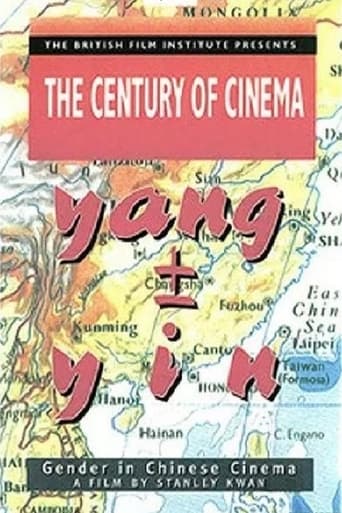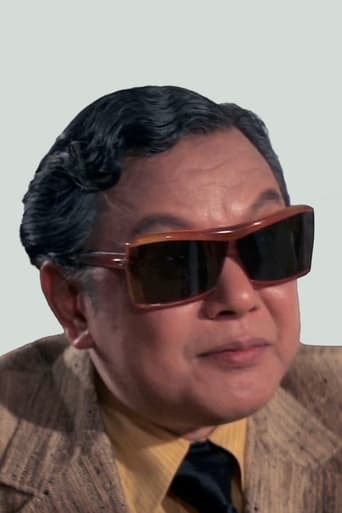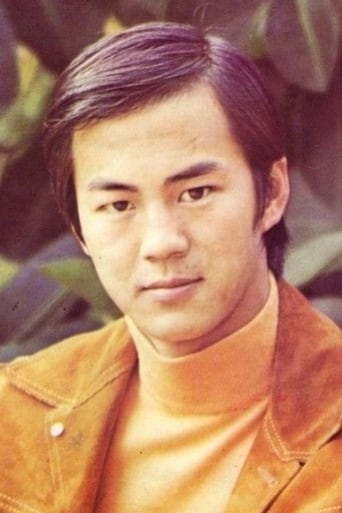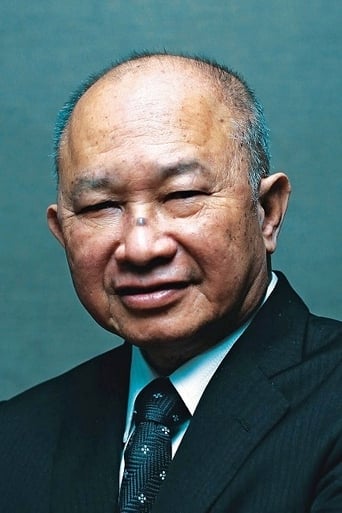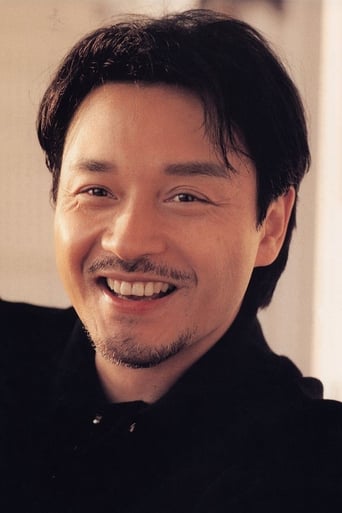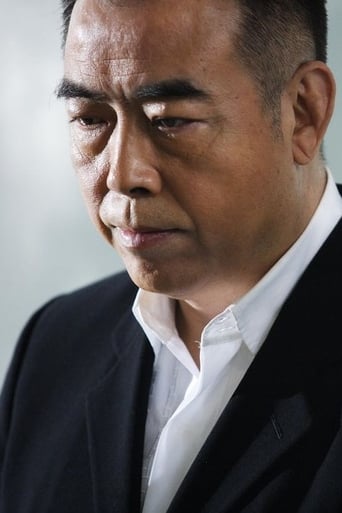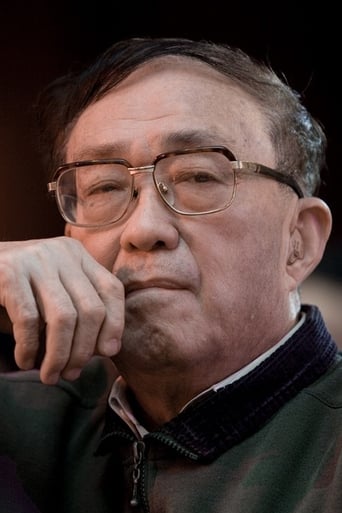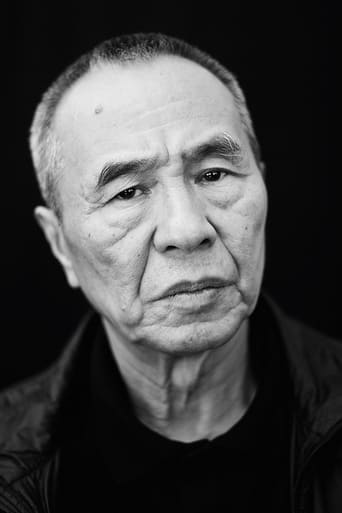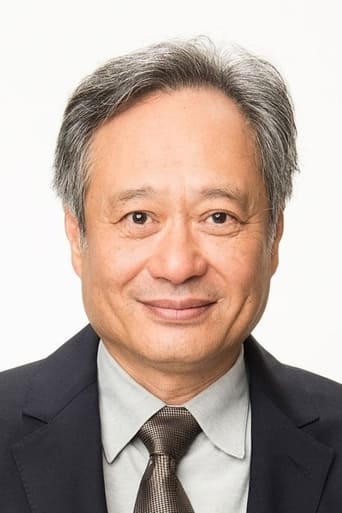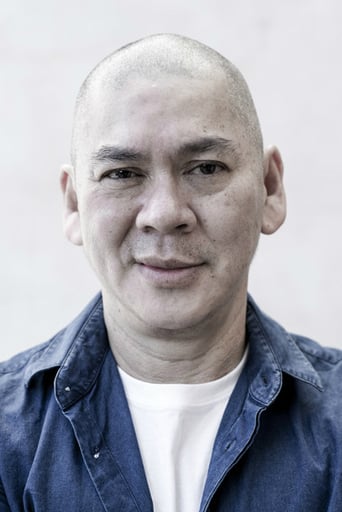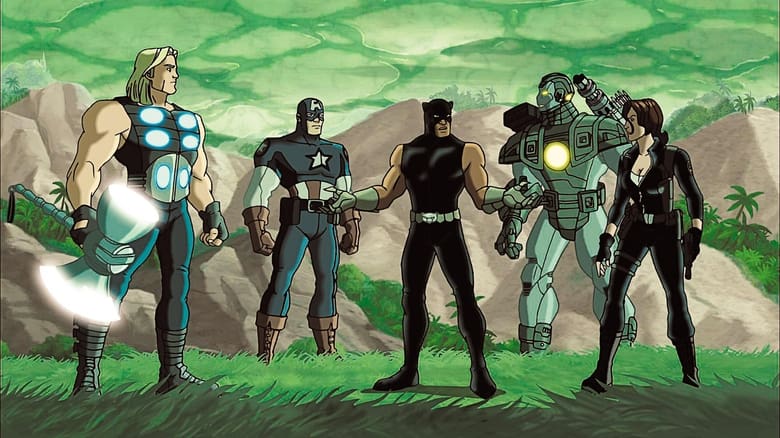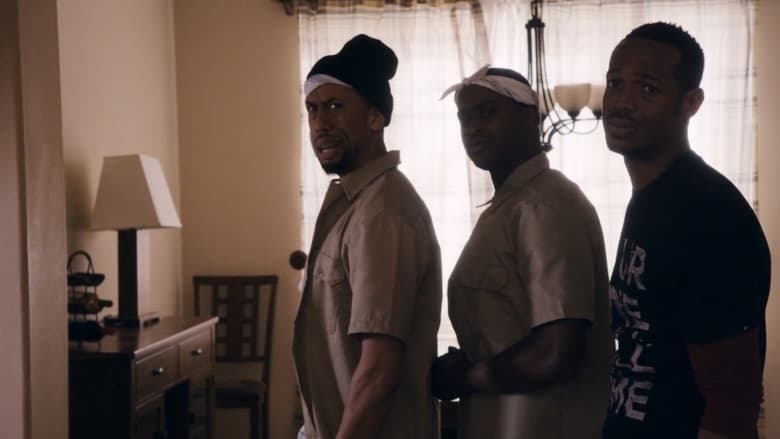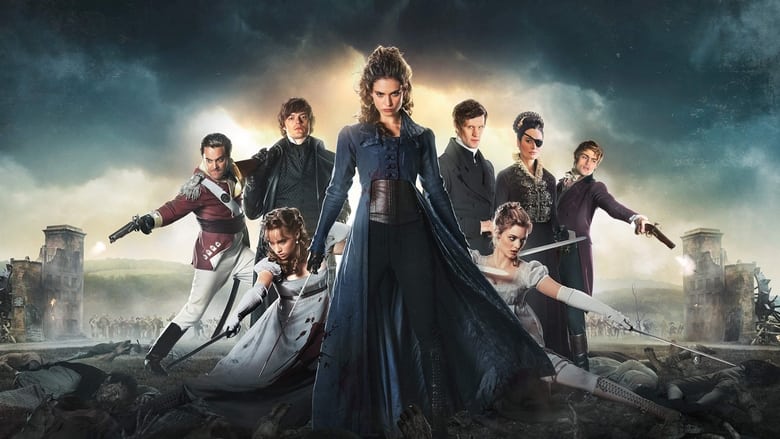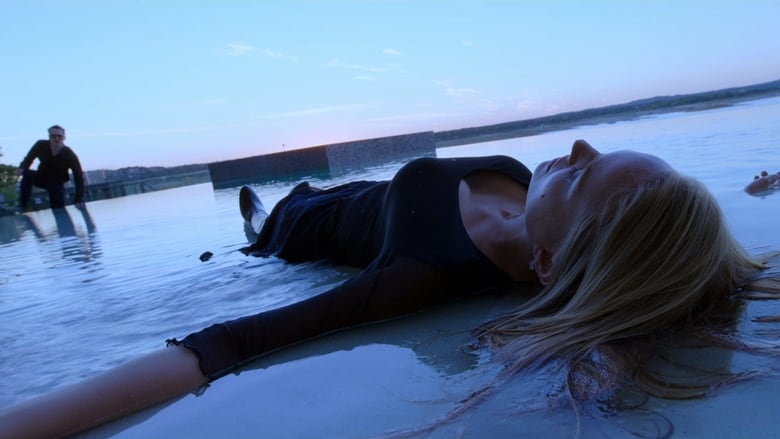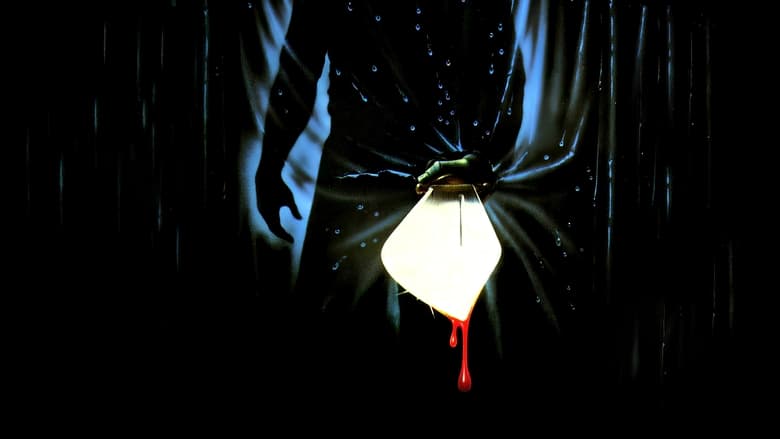An exploration of Chinese cinema and its relationships with gender and sexuality, which the film argues has been more frankly and provocatively explored than in any other national cinema. Utilizing both film excerpts and interviews with many leading directors and academics, the film examines topics such as male bonding in kung fu movies, depictions of same-sex bonding and physical intimacy, the emphasis on women's grievances in melodramas, and the career of Yam Kim-Fai, a Hong Kong actress who spent her life portraying men on and off the screen.


Similar titles

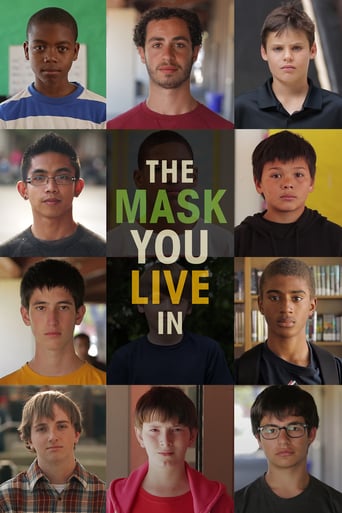
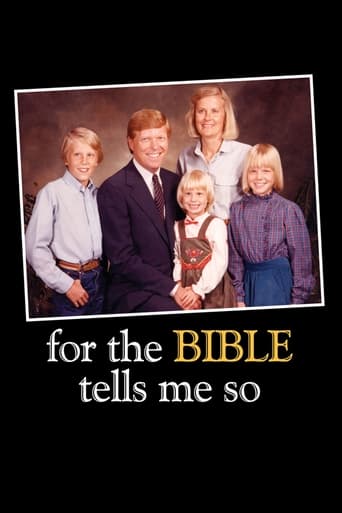
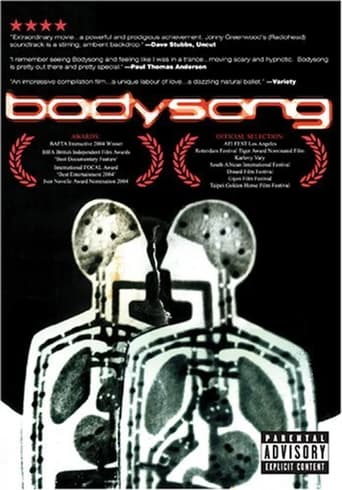
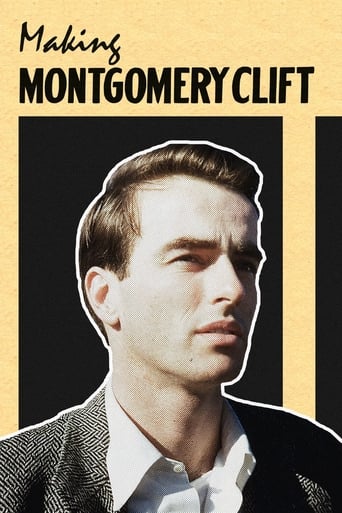
Reviews
This is a mess, something made with some sort of self-exploration in mind, inaccessible to us. The subject is males who play women or womanish roles in films. The stance of the film is that there is such a thing as discrete homosexuality and gender identity and that the Chinese are adventurous, far more so that the west. But it keeps stumbling over itself as the interviewed Chinese seem not to understand the framework. They just do what has been done, incubated in a culture that was parallel to the one that developed the rather stringent roles we as say Americans are working with.We had the curse of Pauline Christianity and all that flows, shaping gender and sex in a uniquely western model gilded with guilt. There is much to explore in that model. And much to explore in the Chinese one. But to smash the two together and pick and choose as a matter of self-justification – well, that's perverse.Some of the film segments are lovely.Ted's Evaluation -- 1 of 3: You can find something better to do with this part of your life.
"Yang ± Yin: Gender in Chinese Cinema" Aspect ratio: 1.33:1Sound format: Mono(Color & black and white)Commissioned by the British Film Institute as part of the '100 Years of Cinema' celebrations in 1996, Stanley Kwan's documentary tackles the subject of sexuality in Chinese movies from its earliest output (Kwan uncovers homoerotic themes and imagery in films stretching back to the 1930's, long before such material became standard in martial chivalry movies of the 1960's and 70's), to the themes of 'male bonding' which form such an important thematic component of Hong Kong action cinema today. Kwan interviews a number of major players in the Asian movie scene - directors, actors and commentators - and this is where his thesis hits an immovable brick wall. For example: One of the interviewees is actor-singer Leslie Cheung, a long-standing gay icon whose sexuality was an open secret amongst fans and critics alike until his tragic death in 2003. But in Kwan's film, when asked about the rumors which had dogged him since playing a gay opera singer in FAREWELL MY CONCUBINE (1993), Cheung ducks the issue by saying the audience pays to see his beautiful face on screen and doesn't care about his private life. His evasion is typical of all the contributors to Kwan's disappointing film: Most seem embarrassed by the subject and are unwilling to reveal their personal reasons for the gay/sexually ambiguous/homophobic themes which run through much of their work. None of the relevant participants admit to being gay (except for Kwan himself), and no one else is willing to confess a heterosexual bias for altering their stories - even those sourced from *explicitly* gay material - to suit a predominantly straight audience. This lack of honesty spoils what should have been a fascinating film, and it doesn't help that Christopher Doyle's photography is alarmingly amateurish, offering particularly unflattering closeups of directors Chang Cheh and Tsui Hark.Of course, one can't blame the participants too much, given that Chinese society is no less bigoted than any other, especially in matters of sexuality. Cheung himself makes the salient point that mainstream audiences will accept a woman playing a man's role (it's considered 'sexy') whilst condemning a man playing a woman's role as 'effeminate' and 'unnatural', a peculiar brand of homophobic (and chauvinistic) prejudice which exists in every filmgoing tradition. Kwan's use of film clips to illustrate his theories is both wide-ranging and exemplary, but judging from the shocking state of some of these snippets (particularly the older titles), HK is in desperate need of a policy on film preservation before much of their output is lost forever to the ravages of time.Kwan began his career in exploitation movies - he was assistant director on Dennis Yu's THE BEASTS (1980), a harrowing Chinese conflation of DELIVERANCE (1972) and THE LAST HOUSE ON THE LEFT (1972) - before establishing himself as a director of so-called 'women's pictures', most notably the bittersweet ghost story ROUGE (1988), featuring Cantonese superstars Cheung and Anita Mui. In the wake of "Yang ± Yin" - his first bona fide 'gay' movie - Kwan continued to explore the subject of same-sex relationships in non-fiction entries like HOLD YOU TIGHT (1998) and LAN YU (2001). He was also co-producer (with Daniel Wu, Cheung's successor as Asia's premier gay poster-boy) of Julian Lee's NIGHT CORRIDOR (2003), featuring Wu as a deeply conflicted young man whose investigation into his brother's horrific death reawakens sexual feelings for a childhood friend (hunky Allan Wu).(English, Cantonese and Mandarin soundtrack)
